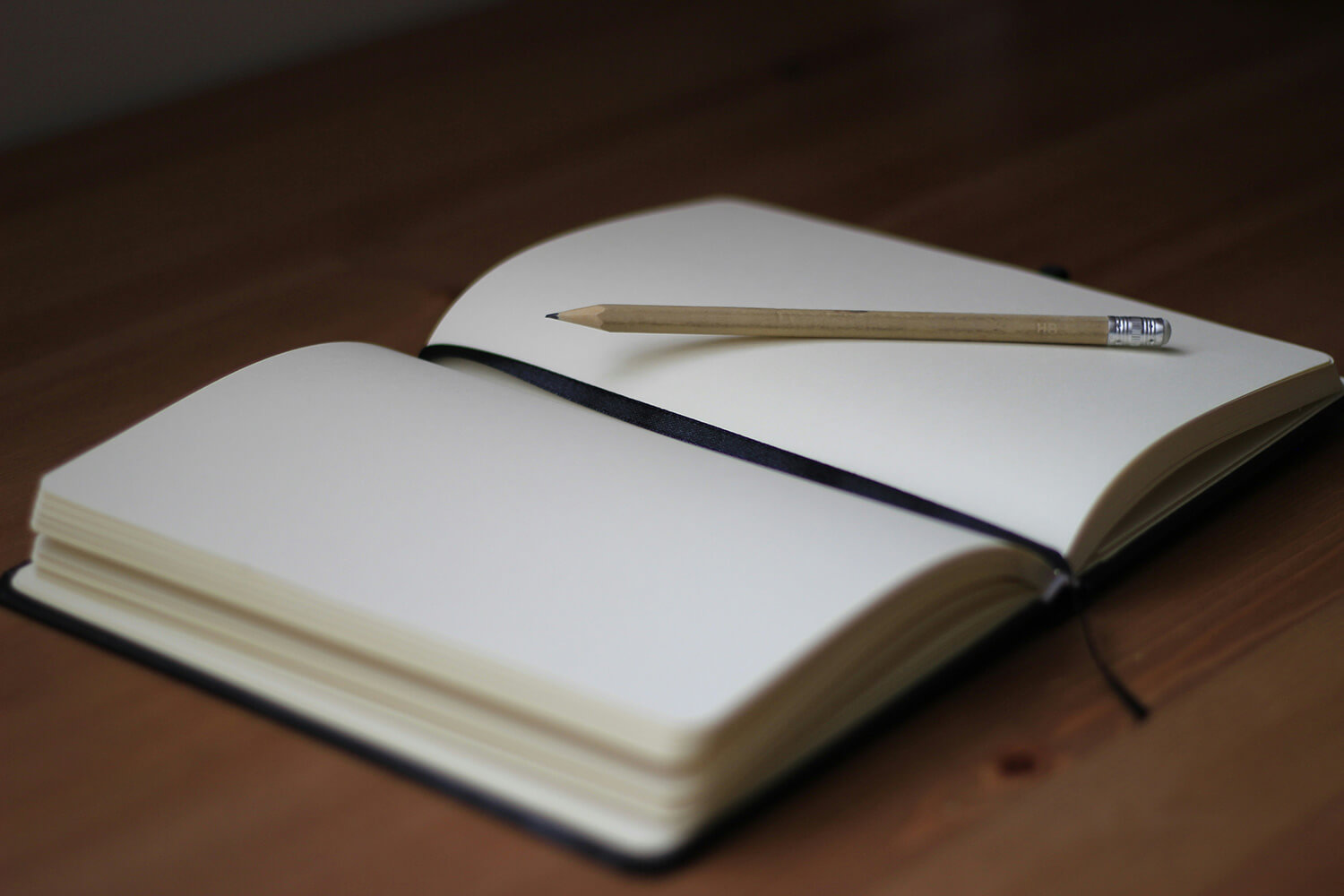What Is Everyday Journaling
Everyday journaling is the consistent act of putting your thoughts, emotions, or experiences into words. It’s more than keeping a diary. It’s a reflective practice that helps you untangle inner dialogue, explore ideas, and release tension.
Journaling doesn’t have to follow any rules. It can be spontaneous or structured, long or short, deep or light. The purpose is to help you feel more grounded, aware, and at ease in your everyday life.
Science Backed Benefits of Journaling
Reduces Anxiety and Emotional Stress
Research shows that expressive writing helps reduce symptoms of anxiety, improves mood, and decreases overall stress. Writing allows the brain to process experiences more thoroughly, leading to emotional release and greater clarity.
Supports Mental Clarity and Focus
Journaling helps people organize their thoughts and identify patterns. When your thoughts are swirling, writing them down helps you sort what’s important and what’s just noise.
Encourages Creativity and Self Insight
Regular journaling has been shown to boost creativity and problem solving. As your thoughts become clearer, you often gain new insights into your desires, challenges, or next steps.\

Journaling Formats to Explore
There’s no one right way to journal. The key is to find the style that resonates most with your needs. Here are a few simple approaches:
Gratitude Journaling
Once or twice a week, write down a few things you're grateful for. This gentle shift in focus helps nurture appreciation and soften anxious or negative thought loops.
Expressive Writing
Use your journal to express emotions or reflect on specific situations that stirred something in you. Write freely without editing or censoring. This type of writing helps release emotional tension and gain insight.
Free Writing or Morning Pages
Start your day by writing continuously for a few minutes about whatever comes to mind. It doesn’t have to make sense. This approach clears mental clutter and can be especially calming if you wake up feeling scattered or overwhelmed.
How to Begin Your Practice
Getting started is simple, and there’s no need for perfection.
- Choose a quiet moment, maybe after waking up or before bed
- Pick a journaling format that fits your current emotional need
- Set a timer for 5 to 10 minutes
- Let your thoughts flow without judgment or concern for grammar
- When finished, pause and notice how you feel
Some days your writing will feel profound, other days it may feel repetitive. That’s okay. The power of journaling lies not in what you write, but in the act of slowing down to connect with yourself.
Start Journaling Today
Journaling in everyday life is more than a habit. It’s a daily act of grounding, self compassion, and clarity. In a world that asks so much of your attention, journaling brings you back to yourself.
You don’t need to be perfect or profound. Just show up for a few minutes each day and let the words come.
When you’re ready, try exploring guided journaling with Ponder, your personal companion for mental clarity and emotional wellness. Visit our website to start your journey.





